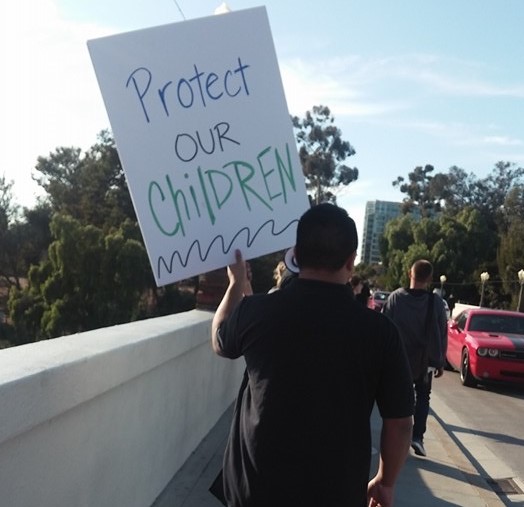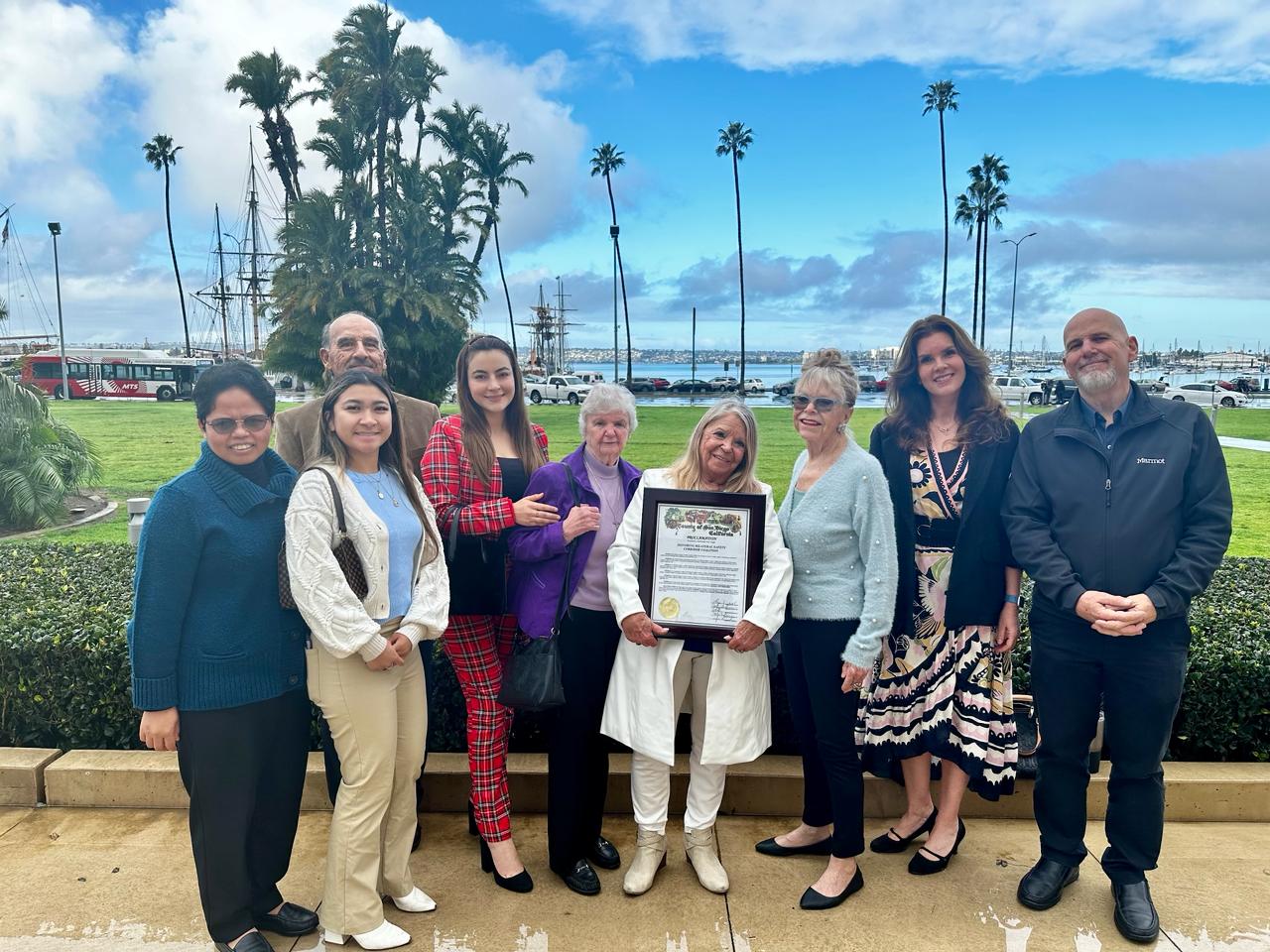
09 May 2023
Potential Impact of SB 357 on Human Trafficking: Concerns and Considerations
While SB 357 aims to address the negative consequences of criminalizing loitering for the purpose of engaging in prostitution, we at BSCC argue that the bill could inadvertently contribute to an increase in human trafficking. Concerns include reduced deterrence, law enforcement challenges, difficulty in detecting victims, and the normalization of the sex trade. Although the bill's proponents highlight the potential benefits of decriminalization, it is crucial to carefully consider the potential adverse consequences and explore alternative strategies to protect vulnerable individuals while effectively combating human trafficking.
-
Reduced deterrence: By decriminalizing loitering for the purpose of engaging in prostitution, the bill may unintentionally reduce the legal deterrents for those involved in the sex trade. This change could potentially attract human traffickers to operate more openly or extensively, knowing that they or their victims are less likely to face arrest for loitering.
-
Law enforcement challenges: If loitering for the purpose of engaging in prostitution is no longer a criminal offense, law enforcement officers may have fewer tools at their disposal to intervene in potential trafficking situations. This limitation could make it harder for officers to identify and assist victims of trafficking or to apprehend traffickers.
-
Difficulty in detecting victims: The decriminalization of loitering may make it more challenging for law enforcement and social services to identify and connect with potential victims of human trafficking. Without the ability to enforce loitering laws, they may have fewer opportunities to initiate contact with individuals who could be at risk or in need of assistance.
-
Normalization of the sex trade: The decriminalizing loitering related to prostitution could contribute to the normalization of the sex trade, potentially increasing the demand for commercial sex services. An increased demand could lead to a higher likelihood of human trafficking to meet that demand.
Recent posts








